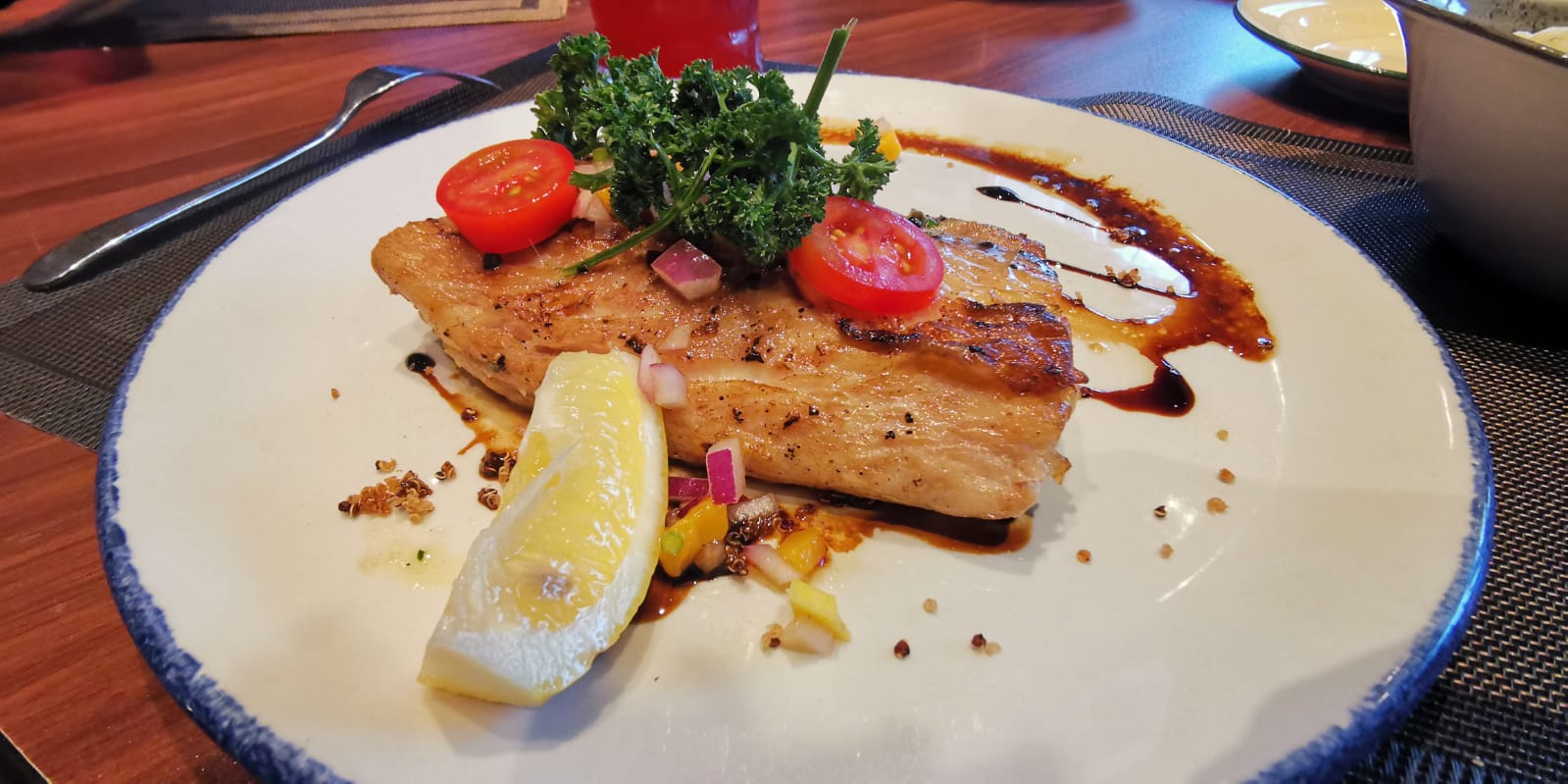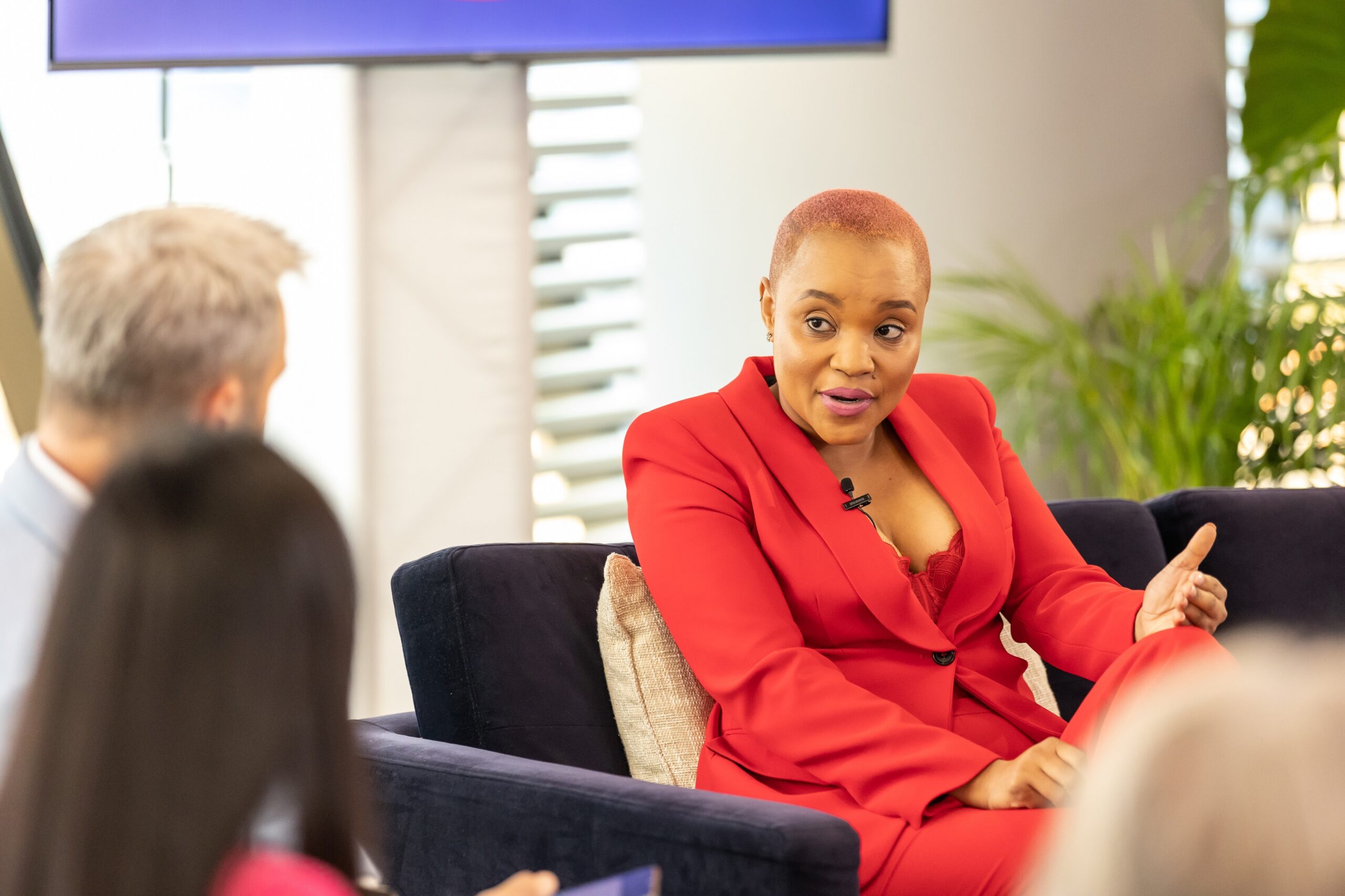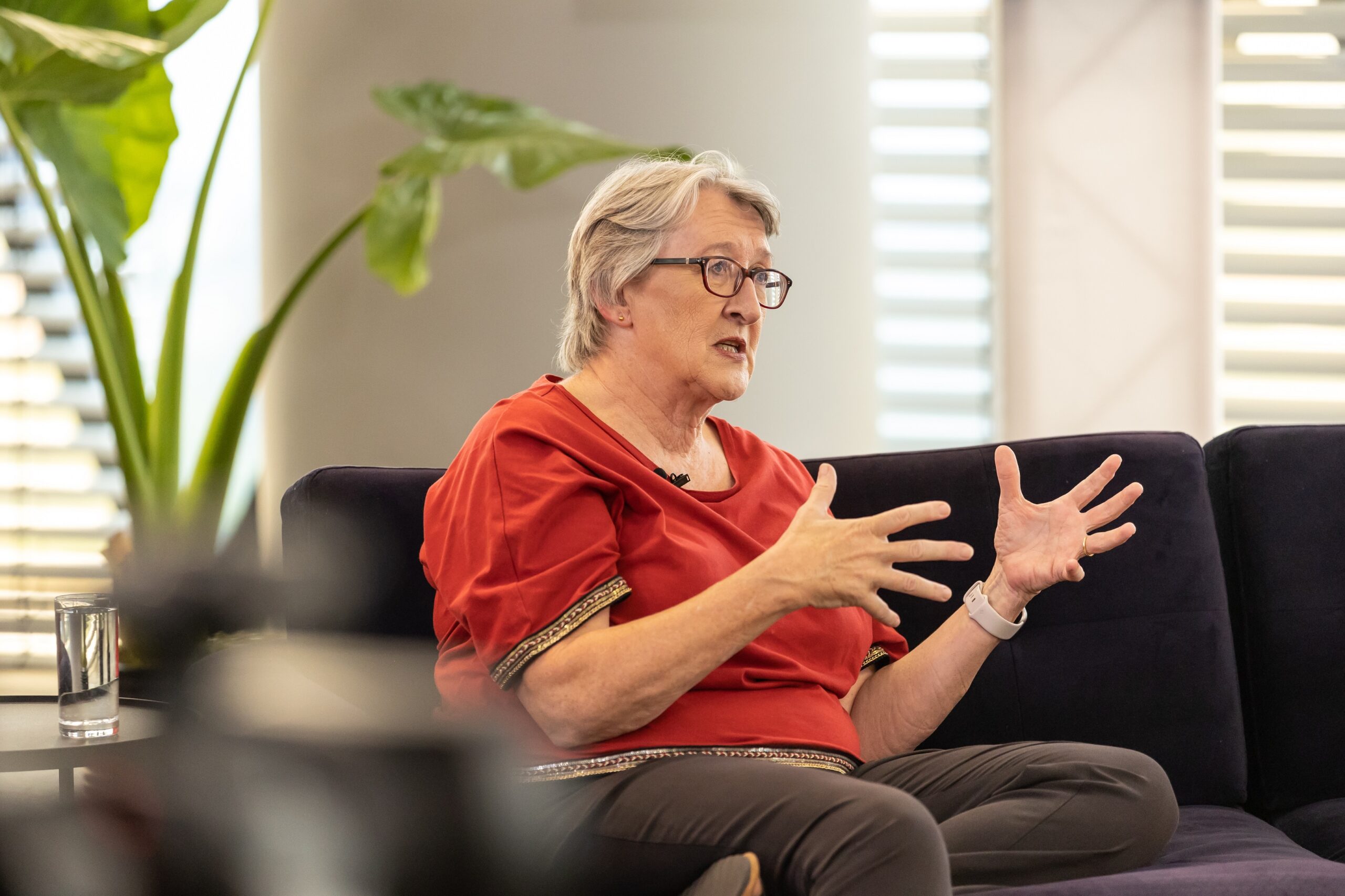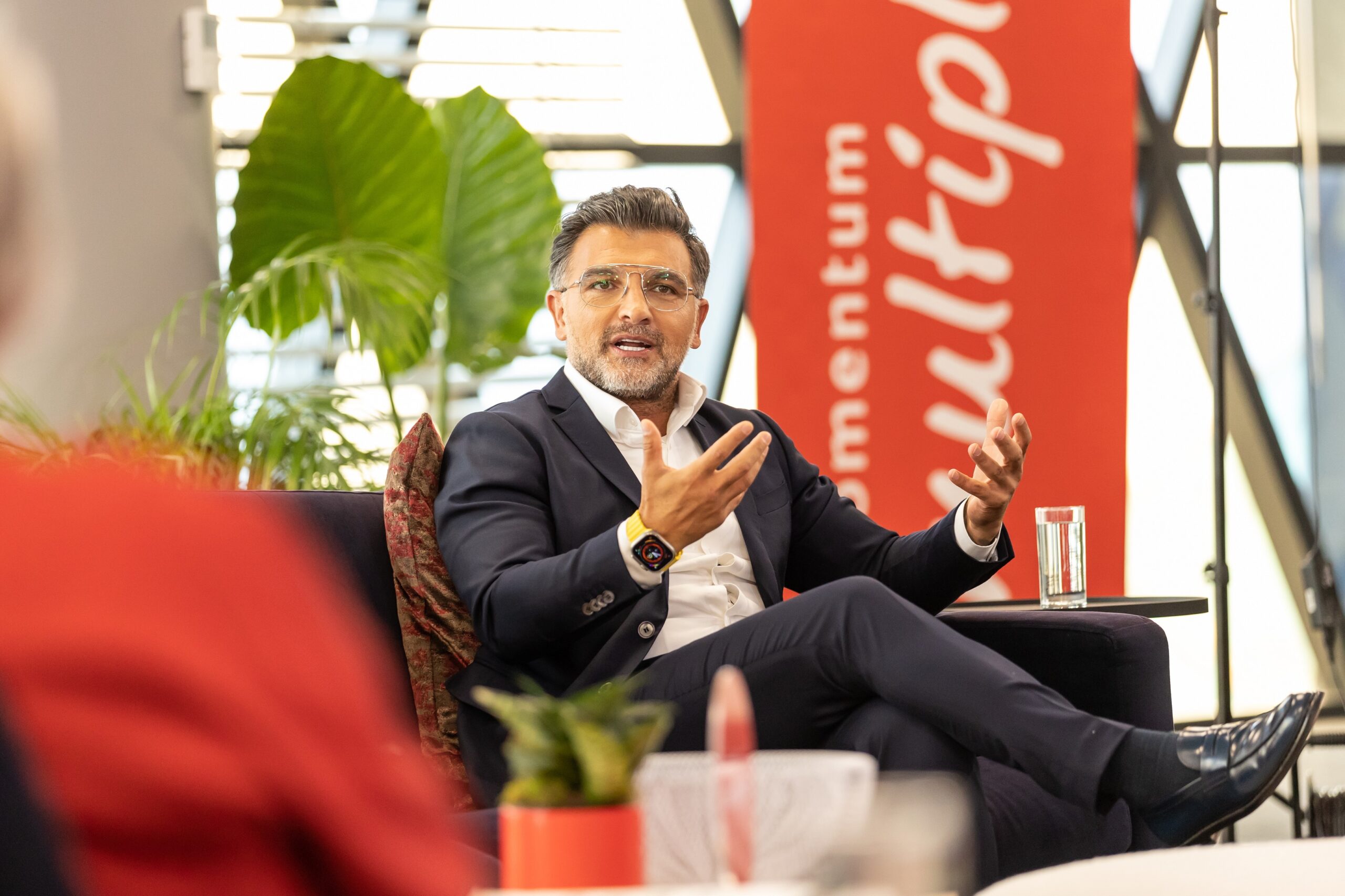The World Health Organization (WHO) defines health as a state of complete physical, mental, and social well-being and not merely the absence of disease or infirmity.
With this in mind, health experts are recommending a multidimensional approach that is expected to be the future of health and wellness.
Leveraging the latest scientific, technological, and human ingenuity, a South African firm, Momentum Health Solutions is bringing a holistic approach to wellness that focuses on personalized solutions to meet individual needs.
“We are focusing on incentivizing South Africans to make better choices when it comes to being deliberate about how they sleep, how they eat, and the quality of food that they ingest.”
This holistic approach includes trends and technologies that are rapidly shaping the future of wellness.
Among these trends are nutrition, sleep, breath, exercise, and increased social connections.
The firm is offering the services through the Multiply Inspire and Engage apps.
Márcia Garcia Eugenio, the head of Multiply Incentivized Wellness at Momentum Health Solutions, said the program was meant to encourage South Africans to be mindful and deliberate about their health and wellbeing.

“We are evolving and we are focusing on incentivizing South Africans to make better choices when it comes to being deliberate about how they sleep, how they eat, and the quality of food that they ingest,” she said.
Eugenio said the firm wants to create more wellness, especially with the unsustainable growing demand for funding of healthcare.
These illnesses are mostly non-communicable diseases like diabetes, cancer, and cardiovascular diseases which are expected to put more pressure on healthcare systems in Africa.
“Majority of our claims are from chronic diseases that are largely preventable so we want to become partners in helping South Africans take accountability for their health and if we get that right, then we believe that we can prevent most chronic illnesses from developing over time,” she said.
These illnesses are mostly non-communicable diseases (NCDs) like diabetes, cancer, and cardiovascular diseases which are expected to put more pressure on healthcare systems in Africa.
The WHO predicted that the number of people living with diabetes will reach up to 47 million by 2045.
According to the Defeat-NCD Partnership, the number of people living with NCDs in South Africa has drastically increased over the last ten years and they now outnumber those living with communicable diseases.
Not only does the county rank highly when it comes to obesity on the continent, but South Africans also have up to a 51.9 percent chance of dying from heart diseases and strokes.
Better nutrition

Nutritionist and gut health specialist, Dr Mbali Mapholi said that better nutrition plays a key role in supporting the human body to thrive, become more productive, and extend the lifespan by improving the quality of life.
Better nutrition was also crucial to the prevention of diseases.
According to her, around 45 percent of South African men above the age of 15 are living with high blood pressure with a majority of them being unaware that they have the condition.
Up to 48 percent of women also have the same condition and a majority of them are unaware.
“We know that what we eat gives the body the right signal to your brain health, gut health, heart health and that is why adopting culture-sensitive nutrition is what I am passionate about,” said Mapholi.

She added that one of the growing trends in nutrition was the plant-based diet which was often misunderstood.
“There is a thinking that plant-based means vegetarian, plant-based means your diet will include more plants so you can be a meat eater and be on a plant-based diet.
“Another thing that we are seeing is eco-conscious eating where people are eating specific things because they are good for the environment,” Mapholi explained.
Mindful eating was also a growing trend where people slowed down and took their time to eat in a relaxed environment which would prevent overeating which often leads to obesity and weight challenges.
Intentional sleep
The Multiply app introduces a feature called Recharge Dayz which measures the amount of sleep and excessive stress of users when they wake up.
The app will also help measure recovery through sleep and the user’s ability to cope with stress throughout the day. Which is expected to encourage people to be intentional about their sleeping habits.

Sleep expert, Dr Alison Bentley from the South African Society on Sleep and Health explained that sleep disorders like sleep apnea which affects up to 30 percent of South African adults, have been linked to cardiac disease.
These disorders have also been linked with NCDs, depression, liver disease as well as several other illnesses that affect different systems in the human body.
“You have to be proactive in getting the right sleep at the right time and in the right kind of environment to wake up the next morning feeling as though you have slept properly, ” said Bentley.
“We have to start thinking about the hardware and the hardware comes down to the way the brain operates and the way it has been programmed.”
“The first trend I would like to see is that sleep medicine stops being an elitist kind of medicine. It is expensive, so the Sleep Society came out with guidelines where we want cheaper studies and more people to have access to sleep medicine.”
Bentley further called on medical schools to start teaching sleep medicine at the junior level and for sleep to be an integral part of all fields of medicine to prevent diseases.
This would also help avoid instances where doctors prescribe sleeping tablets for insomnia without a proper diagnosis.
Slow down

The speed at which artificial intelligence (AI) and technology is advancing is making people panic, according to John Sanei, a futurist specializing in the intersection of neuroscience and futurism.
But AI has also presented solutions to modern challenges like global warming and identifying new diseases.
This has also led to people being nervous and anxious all the time, something that Sanei says can be changed through neuroscience whereby people intentionally take time off to meditate and slow their brain activity down.
“We have to start thinking about the hardware and the hardware comes down to the way the brain operates and the way it has been programmed. Then the technology becomes easy and then it becomes obvious to eat well, to sit with your family and have a conversation, it becomes obvious to have a good sleep,” he explained.
Data collected through Momentum’s app is expected to inform future research that will be based on an African context, which is missing in most research studies.
____________________________________________
Marcia Zali is a South Africa-based freelance journalist who specialises in health and science reporting.
